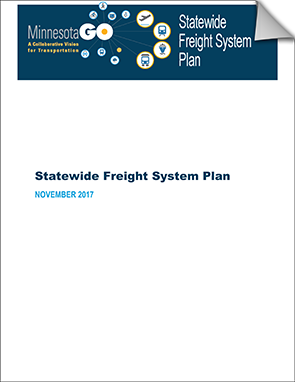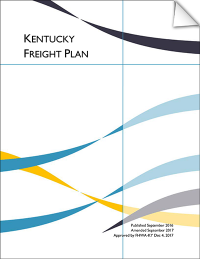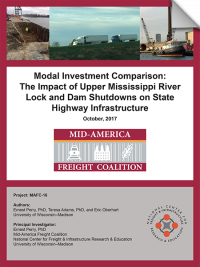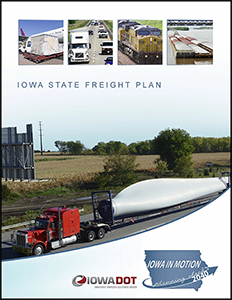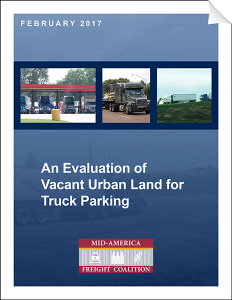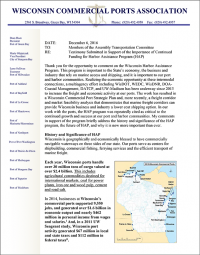The Mid-America Freight Coalition, in cooperation with the MAASTO Working Group on Automation and Platooning, has published its report, Developing a Regional Regulatory Approach to Truck Platooning in the MAASTO Region: A Literature Review of the History, Progress, and Benefits of Truck Platooning. Download the Truck Platooning Report This report provides an overview of the development of truck platooning and automation […]
Category: MAFC
The members of MAFC welcome Dr. Soyoung Ahn as the organization’s new executive director. In this role, Dr. Ahn succeeds Professor Teresa Adams, who resigned from the position in which she served for a decade. Dr. Ahn is an Associate Professor in the Department of Civil and Environmental Engineering at the University of Wisconsin–Madison where […]
The purpose of this report is to provide an understanding of truck platooning and how this technology can be adopted across MAASTO freight corridors in a uniform manner. Coordinated regulations across state boundaries will better serve and meet the needs of the industry. The overall goal is to develop a Midwest Truck Platooning Regulatory Model that provides for harmonization of regulations governing truck platooning across the MAASTO region.
Three MAFC member states’ freight plans scored among the best in a recently release report from the American Transportation Research Institute (ATRI), “Identifying State Freight Plan Best Practices.” Freight plans from Iowa, Michigan and Ohio were among a dozen freight plans selected by ATRI as exemplary in terms of planning, assessment, and implementation practices. The goal […]
MAFC member, the Minnesota Department of Transportation has received confirmation from the FHWA on their updated Statewide Freight System Plan dated November, 2017. This plan aligns with Minnesota GO and the Statewide Multimodal Transportation Plan, which establish Minnesota’s overall vision for transportation. In addition, the plan meets the freight planning requirements of the federal Moving Ahead for […]
The Kentucky Transportation Cabinet received approval of the Kentucky Freight Plan on December 4, 2017. The Kentucky Freight Plan is a supplement to the Kentucky Transportation Cabinet’s 2014 Long-Range Statewide Transportation Plan. The Freight Plan was developed upon the recommendations of the federal transportation bill, the Moving Ahead for Progress in the 21st Century Act (MAP-21). Enacted […]
The Mississippi River is a critical corridor for transportation of agricultural products and, in turn, is critical to the economies of the states that utilize the river to transport these trade goods. The report assesses the total impact of lock and dam closures along the Upper Mississippi River and then demonstrates how the cost the closures, or improvements designed to mitigate their impact on the highway side, compare with the cost of improving Upper Mississippi River control structures.
Iowa DOT is the fifth state in the nation to have their FAST Act compliant State Freight Plan accepted by the Federal Highway Administration (FHWA). The Iowa DOT’s original, MAP-21 compliant plan was amended for FAST Act and submitted to the FHWA in June. It was reviewed and accepted as including all required elements effective […]
A new white paper from the Mid-America Freight Coalition (MAFC) demonstrates strategies that can help meet the growing demand for truck parking.
MAFC Program Administrator, Ernest Perry, PhD, testified last week to members of the Assembly Transportation Committee for the State of Wisconsin in support of continued funding for the Harbor Assistance Program (HAP). In his statement, Perry emphasized a multiagency effort that has been taking place for over three years to to increase the freight and […]



